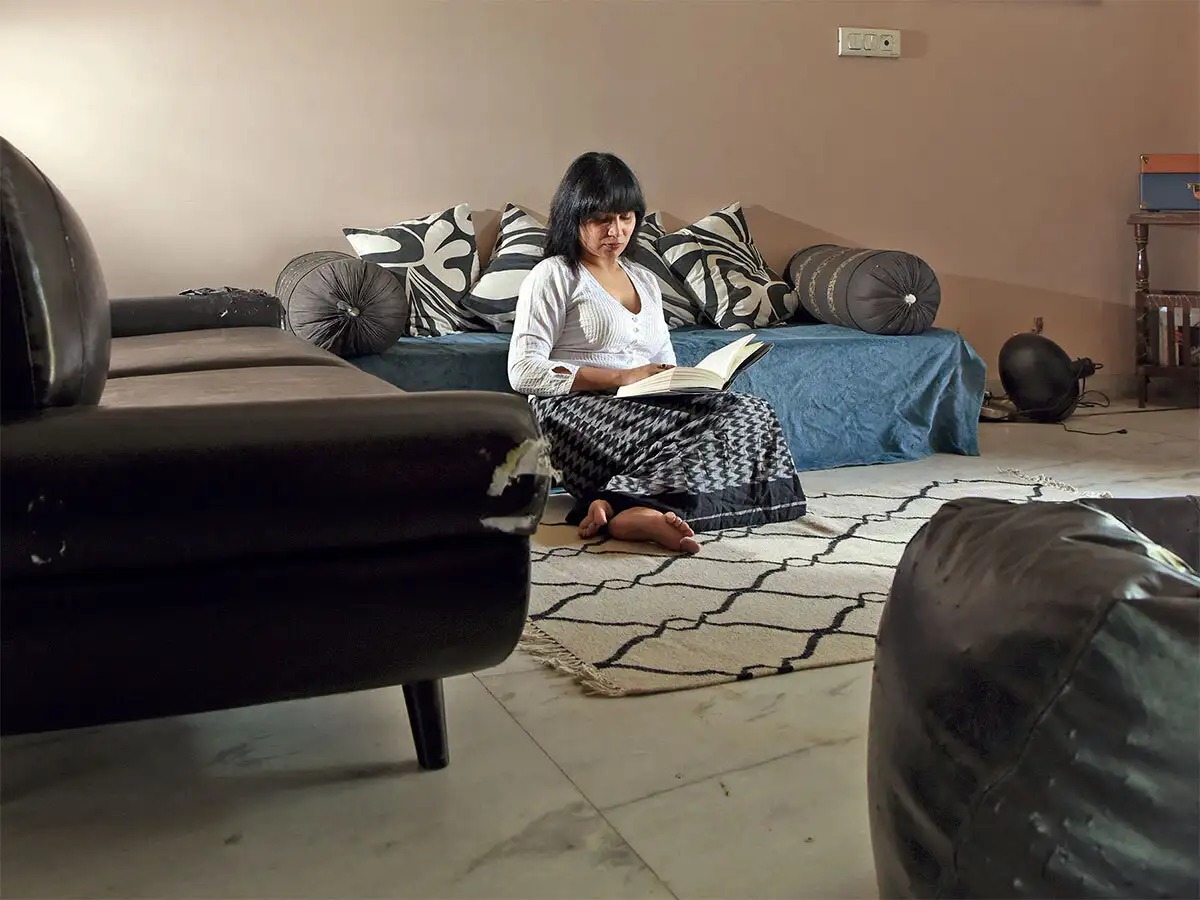
Follow WOWNEWS 24x7 on:
Updated: July 19, 2025 16:55

Across urban and rural India, a quiet shift toward minimalist living is reshaping homes, habits, and consumer behavior. What began as a niche lifestyle trend is now evolving into a broader cultural movement, blending ancient philosophies with modern sustainability.
Key Highlights From the Lifestyle Shift
- Ayurveda is emerging as a guiding force, influencing daily routines from diet to home care with its emphasis on balance and simplicity
- Minimalist homes favor natural materials, decluttered spaces, and intentional design, especially in metros like Mumbai and Bengaluru
- Brands like Patanjali are supporting the shift with herbal products and eco-friendly alternatives that align with traditional values
- The COVID-19 pandemic accelerated introspection, prompting many Indians to reassess consumption and embrace mindful living
Cultural and Economic Drivers
- Influences from Stoicism, Buddhism, and Hinduism reinforce the idea that detachment from material excess leads to inner peace
- Rising urbanization and space constraints are pushing families toward functional, compact living
- Affluent Indians are increasingly choosing quality over quantity, investing in durable goods and capsule wardrobes
- Digital minimalism is gaining traction, with users limiting screen time and decluttering online spaces
Outlook
Minimalism in India is no longer just a design aesthetic—it’s a return to roots. Whether driven by necessity, wellness, or environmental awareness, the movement reflects a growing desire for clarity, purpose, and sustainable living.
Sources: Times of India, Economic Times, Harper’s Bazaar India, RX Rejuvenate, International Journal of Policy Sciences and Law, MSN India




